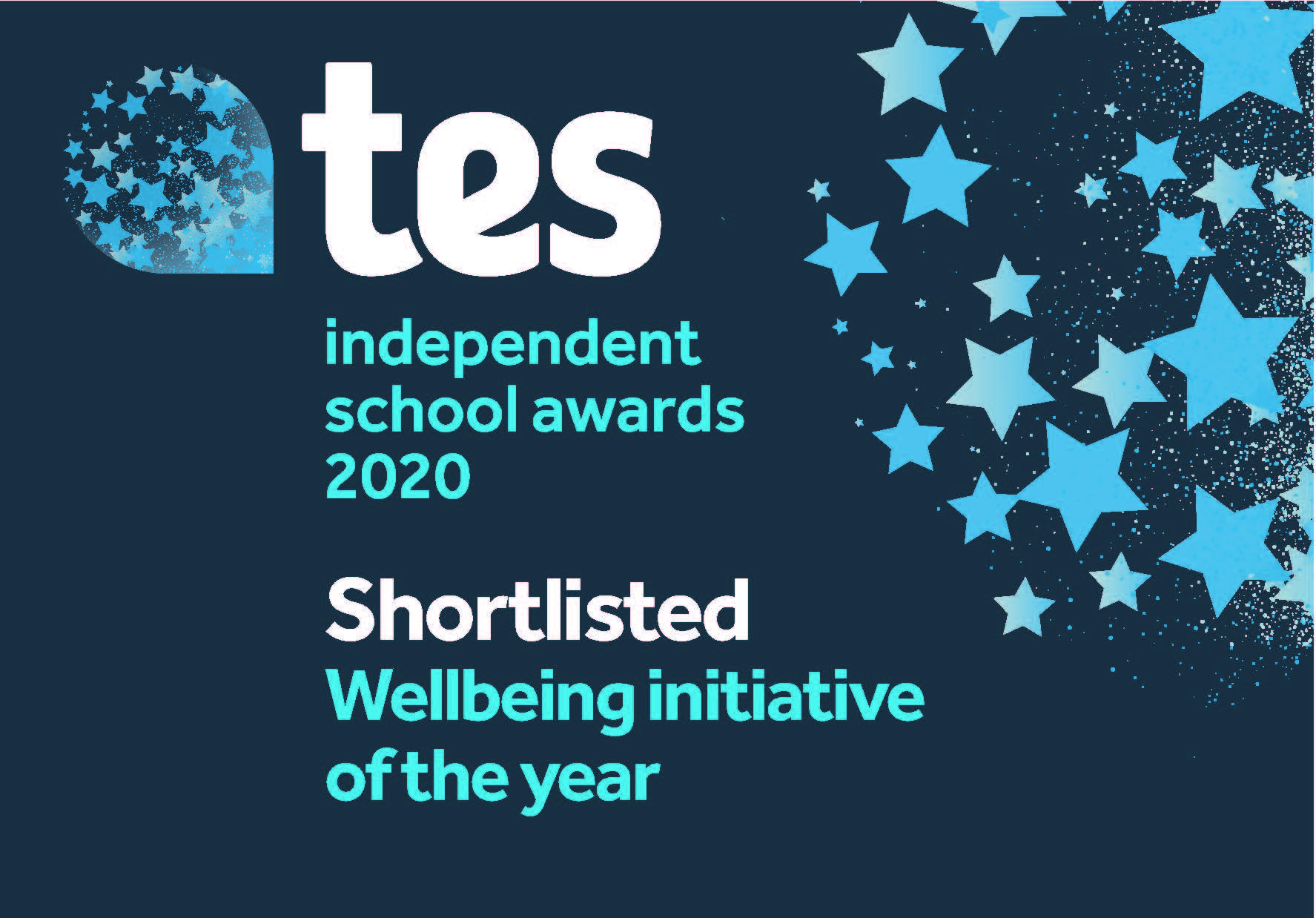Wild things: Why we need to get outside
The Easter Holiday has once again played host to various spring-time messages in the press extolling the virtues of nature and essentially calling for us all to ‘go play outside’. As far as I can tell this is an annual effort to motivate teachers to reconnect pupils with the great outdoors and to urge families to leave screens behind in favour of fresher air.
In all honesty, we don’t need too much encouraging in our house. Small, mountain-ready tents and wild camps on rocky ledges were swapped for comfier pastures and a roomy (-ish) tunnel tent when children appeared on the scene. This Easter, whilst en route to visit friends in Bath, we discovered a fabulous Cotswolds campsite. Wooded, secluded with plenty of green space for young kids to run (‘wild’ in our case!) and explore – and numerous fire pits for evening marshmallow toasting. It was great, a bit chilly when the embers began to fade, but amazing.
So I’m biased. I believe in the benefits, for the sake of mind, body and spirit, of going outside from time to time to enjoy rural and wild landscapes. Additionally, I understand that children can experience such benefits as part of a broad curriculum and that teaching and learning is enriched greatly by venturing on occasions beyond the classroom. I also fully appreciate that not every family is quite as keen on tangled woodlands, muddy puddles and camping as we are at home and therefore our nation’s schools have a role to play in broadening children’s experiences, in part by offering an authentic taste of our natural world.
In this context a little over a year ago, I was worried to read that a two-year Natural England (Government) study found that more than 10% of children in England had not been to a ‘natural’ environment in the previous year. It also showed children from low-income families and black, Asian and minority ethnic (BAME) households were less likely than white children and those from relatively more affluent backgrounds to frequently visit urban or rural wild places.
As a young teacher working in the West Midlands I brought my love of climbing and all things mountainous, including a PhD research background rooted firmly in the Scottish Highlands, to the profession. Getting young people out and about and involved in the world around them is part of what I do as Geographer and educator. Children can’t get everything they need in a classroom.
As a Newly Qualified Teacher (NQT), my boss, an affable and persuasive Headmaster, in the dining hall, approached me. It was fish and chip Friday, I was in a good spirits and despite the rookie teacher mantra running through my head of ‘keep your head down, focus on your subject, never volunteer for anything in the first year and don’t tell ‘em your name, Pike’, I crumbled all too easily and said ‘yes’ to a series of gently-put requests to give our outdoor education programme a bit more ‘umph!’.
I am not sure how much persuasion was needed really. Nevertheless, the prompt was well judged. My love of the outdoors and inclination to perceive intrinsic value in connecting with natural places made me a pushover and as a teacher and one-time volunteer in an inclusion service, it has been a privilege to introduce young people to our UK landscapes.
The widely held belief that a blend of fresh air, green space and outdoor activity makes for a healthy and enriching cocktail is assumed largely a priori in the industrial / post-industrial world. Dig a little deeper and it doesn’t take long to find out that much has been articulated about humankind’s evolving relationship with and the changing associations we attribute to our landscape. As a Geographer, I find the subject of environmental perception fascinating having initially poured over books like ‘Topophilia’ by Yi-Fu Tuan as an undergraduate.
Love of landscape aside, at a more utilitarian level, outdoor educationalists extol the many advantages of their work in terms of developing transferrable skills, teamwork and leadership capability, resilience and adaptability. The fostering of qualities of this kind have become enshrined in the DNA of respected UK institutions like Outward Bound and The Duke of Edinburgh’s Award which actively promote engagement with the outdoors.
Taking a balanced view however, much of the evidence about the benefits of outdoor education remains steadfastly anecdotal. Hard empirical proof is harder to come by given the obvious difficulty in isolating and controlling the many variables that can potentially impact upon an individual and their learning in an outdoor setting. Not everyone is convinced. But evidence does exist. As an increasing sedentary Headmaster (I’m fighting it though) I still have a copy of John Hattie etal ‘Adventure Education and Outward Bound: Out-of-class experiences that make a lasting difference’ on my shelves, (a well-thumbed artefact from my past).
A convincing case is made in this meta-analysis for the positive long-term outcomes of outdoor education, most particularly regarding self-concept, leadership and communication skills. I’m still every inch a believer in the value of getting out of the classroom from time to time. To this end, it was a joy, albeit a wet and windy one, to join our Year 5 pupils recently for their residential visit to The Towers Outdoor Education Centre, Capel Curig in the stunning Snowdonia National Park.
Staff and pupils spent three days working together enjoying the activities. The rivers were in spate and our intended source to mouth study didn’t quite happen, but fun was had and much learnt about collaboration, teamwork (including cleaning rooms and dishes) and our beautiful surroundings. I first visited The Towers in 2001 with a group from my previous school whilst establishing those outdoor education programmes alluded to earlier. The warmth of the welcome and quality of instruction provided by all staff at The Towers has not changed; the place continues to inspire and make one feel very much at home in the Welsh mountains.
The Year 5 trip to The Towers is just one part of the outdoor learning package at Bradford Grammar School, which this Easter included an exciting Junior Ski Trip, culturally enriching French Exchange and has seen our geographers and classicists marvel respectively at natural wonders in Iceland and antiquity in Sicily. Long may such opportunity, diversity and balance continue to characterise life both inside and outside of the classroom at BGS.
Visit bradfordgrammar.com/happiness to find out more about enrichment and community outreach at BGS.
Senior School
Meet the Pastoral team
Read our Pastoral care booklet to find out more about our Pastoral partnership and Personal Development Programme.
DOWNLOAD THE PASTORAL CARE BOOKLET







Be Social!